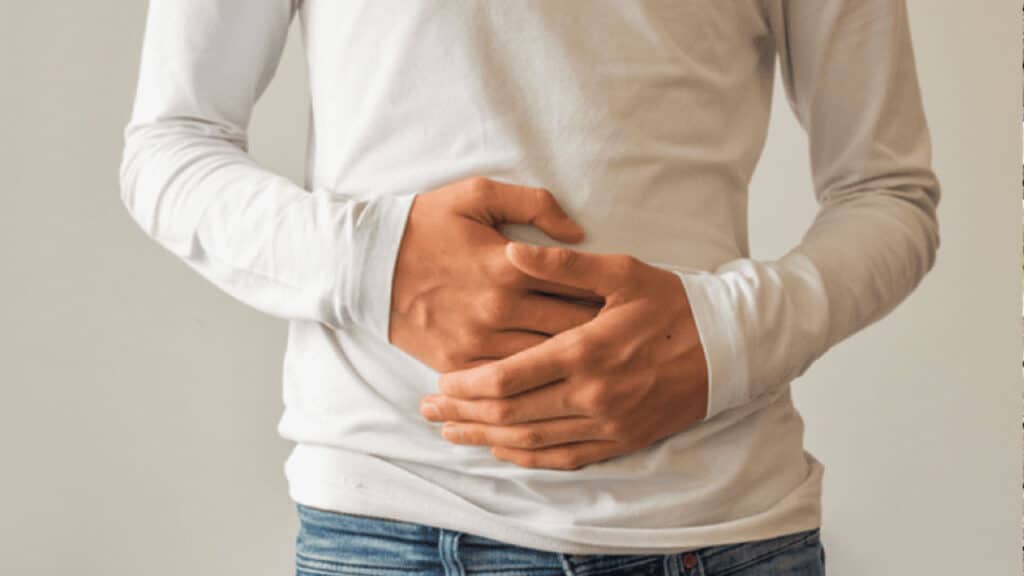We talk a lot about the food you should eat to make sure you receive a balanced collection of nutrients, and we often discuss the foods you should avoid consuming to excess to avoid a negative impact on your health. But when you have a bad stomach, all of the usual rules seem to go out the window.
Maybe you have a literal stomach ache. Perhaps you throw up almost as soon as you swallow anything. Maybe you’re living on the toilet because it’s going straight through and out the other end. Everyone’s going to have stomach problems at some point, whether it’s for a clear reason like allergies, IBS or food poisoning, or if it’s just something that happens. Whatever the cause, how can you eat when you feel like that?
To start with, it’s a good idea to avoid any solid food immediately after vomiting. Stick to clear liquids like water to ensure you stay hydrated. Having a lick of a popsicle can help alleviate nauseous feelings. Drinks with added electrolytes can give an extra boost.
When it does become time to start eating again, keep it simple, with toast, eggs, plain broths, or plain rice. If you want meat, stick to plainer and unseasoned options such as chicken. If you have a craving for fruit or vegetables (many of which are not helpful with diarrhea), a banana is a good option, or maybe carrots after they’ve been cooked.
Conversely, the foods to avoid are the highly processed, highly seasoned ones. Spicy ingredients can irritate your stomach, especially if you have ulcers. Dairy products and fatty foods are harder for you to digest, and that includes milk chocolate. Drinks to avoid include those with caffeine, which can increase acidity in the stomach; soda, which doesn’t just increase acidity but also causes bloating; and alcohol, which dehydrates you and is irritating. Fruit juice from acidic citrus fruits like oranges should also be avoided.
Staying hydrated, making sure you rest and taking it slow when you start to eat again are the best ways to deal with an upset stomach, although in some cases, there may be medications that can relieve pain and nausea or tackle diarrhea. Most cases will resolve themselves in a day or two without any intervention from you, as long as you’re sensible about sticking to plain and simple food.




